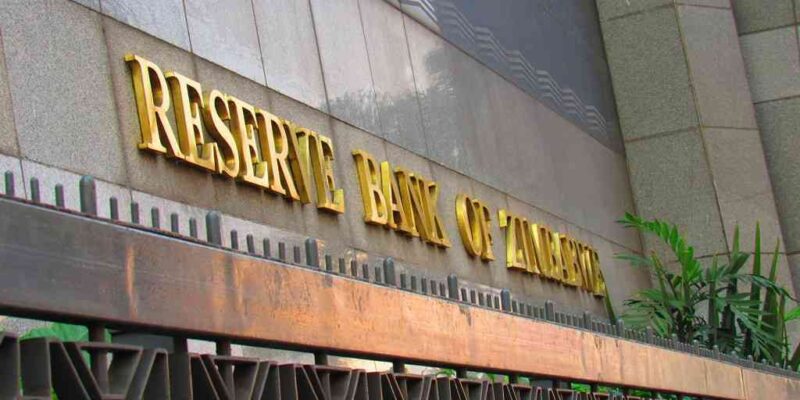The Reserve Bank of Zimbabwe (RBZ) is ramping up efforts to introduce a Central Bank Digital Currency (CBDC), launching a national consumer survey as part of its broader strategy to modernize the country’s monetary system and align with global digital finance trends.
This move follows a Cabinet directive issued in November 2021, which tasked the central bank with assessing the feasibility of implementing a state-backed digital currency. Since then, the RBZ has conducted research visits to countries that have pioneered CBDCs and has outlined a phased rollout roadmap.
In its latest statement, the RBZ announced:
“The Reserve Bank of Zimbabwe is exploring the possibility of introducing a Central Bank Digital Currency (CBDC) in line with global trends. Accordingly, the Bank is conducting a CBDC Consumer Survey to solicit opinions on the design and nature of the CBDC and its overall acceptance by the public.”
The bank emphasized that all survey responses will be treated with strict confidentiality and used exclusively to inform the design and acceptability of a potential digital currency.
A CBDC is a digital version of a country’s official currency, issued and overseen by the central bank. Unlike decentralized cryptocurrencies such as Bitcoin, CBDCs are government-backed, offering the trust and stability of fiat money while leveraging the speed and security of digital technology.
Proponents argue that a CBDC could significantly enhance Zimbabwe’s financial landscape, particularly by promoting financial inclusion. With a large portion of the population still unbanked or underbanked, a mobile-accessible digital currency could provide low-cost, offline transaction options, especially in rural areas.
Analysts also point to other benefits: streamlined interbank settlements, improved cross-border payments, and more efficient distribution of social welfare during economic shocks or crises.
Zimbabwe’s interest in a digital currency mirrors a growing global movement. Over 10 countries, including The Bahamas, Jamaica, and Nigeria, have fully launched CBDCs. China continues to expand its digital yuan pilot, and the European Central Bank is preparing to unveil a digital euro. Nigeria’s eNaira, launched in October 2021, stands as Africa’s first active CBDC and is being closely watched by its regional peers.
While the RBZ has yet to confirm a launch date, the current consumer outreach marks a pivotal step toward a potential rollout.
“This survey is a crucial component in determining the viability and public reception of a CBDC in Zimbabwe,” the RBZ said. “We encourage citizens to participate and contribute to shaping the future of our financial system.”
As the country grapples with currency volatility and inflationary pressures, a CBDC could present a new chapter in monetary policy — but its success will depend on public trust, practical infrastructure, and continued stakeholder engagement.














Comments